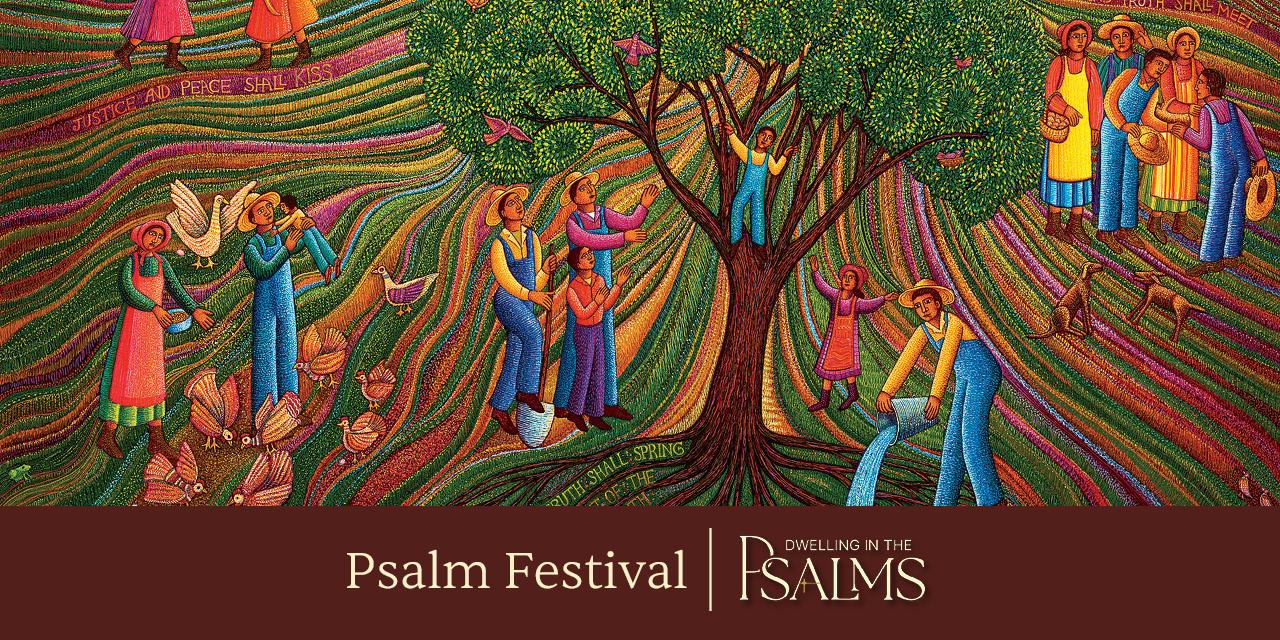All over the internet we see pastoral leaders from across the Christian traditions beginning to reflect on what to do with Holy Week this year. It’s too early to have solutions to this challenge worked out. But perhaps we can start asking some constructive questions together.
A few months ago, I wrote a piece about reading the Bible during Holy Week in an era of biblical illiteracy. It now appears as if this Holy Week in the midst of a pandemic might offer a once-in-a-lifetime opportunity for churches to invite cooped-up worshipers into more sustained engagement with the Bible than busy spring schedules (and spring break distractions) usually allow.
Stay with the Gospels
Several ideas come to mind. Pick a gospel. Matthew is a great choice given that it’s the featured gospel all over the world this year in lectionary-using churches. Then read all the parts of Matthew that took place during Holy Week. Read the text in sequence, aligning readings when possible with what took place on each day of Jesus’ life.
The plan would look something like this:
Palm Sunday: Matthew 21
Monday: Matthew 22
Tuesday: Matthew 23
Wednesday: Matthew 24–25 (We might end up calling this “End Times Wednesday”!)
Maundy Thursday: Matthew 26
Good Friday: Matthew 27
Easter Sunday: Matthew 28
The results will be spiritually challenging. There is a lot of heavy weather between Palm Sunday and Maundy Thursday. But wow, do those texts speak in a different way in the context of Holy Week.
Normally our Holy Week readings offer a combination of texts from all four gospels. I can make a strong case for why that’s good. Lectionary-using churches will no doubt stick with that approach.
Still, in the middle of all this apocalyptic stuff going on, an immersion experience with Matthew could be quite something.
Given all the creativity out there, it would be interesting to see what people come up with. Perhaps a continuous daily reading of these texts by members in your small group? A playlist of music based on these texts, presented in canonical order? (The spiritual “My Lord, What a Morning” would land on End Times Wednesday.)
Happily, unlike preparations for recent Sundays during the pandemic, we do have at least a little time to think ahead here.
Note: All this could set the stage for many of us to absorb on Good Friday a full performance of J. S. Bach’s St. Matthew Passion—surely one of the most robust theological and spiritual pieces of music ever written.

